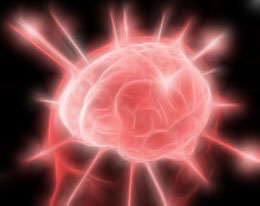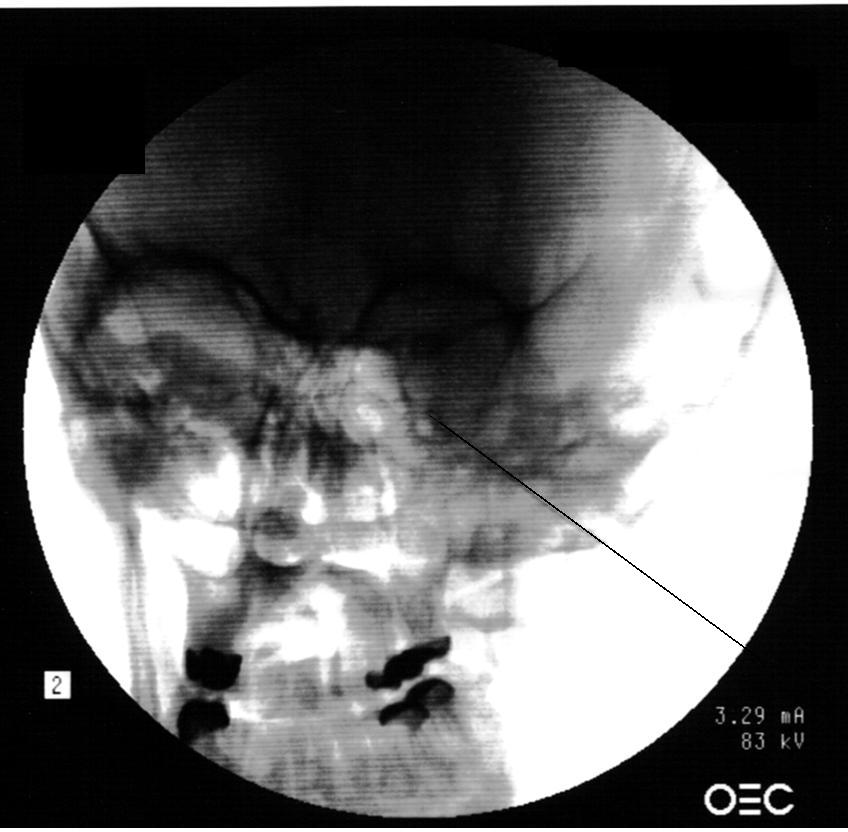Many of medications used in chronic pain management can cause addiction. This is specially of importance when it comes to Narcotic medications. On the other hand, the number of real pain patients on narcotics who show signs of addiction is not very high. Pain medication like anything else in life can be abused by many. Currently in Canada the most commonly abused street drugs are the prescription drugs. Pain medications are sold with high prices on the streets. None of these reduces the value of opioids in management of chronic pain. Opioids or narcotic medications if used correctly can significantly improve the quality of life for chronic pain patients. If these medications are not used properly and appropriately, they can destroy patient’s lives. We have many other medications in medicine that, if used properly, save lives and if not, can cause serious damages. For example, corticosteroids, most commonly called cortisone, can save the life of someone with sever asthmatic attack. The same medication if used inappropriately can cause many side effects. The important point here is to understand the difference between Addiction, Dependency and Tolerance.
Human body can develop tolerance to opioids over time. It means that to achieve the same level of analgesia over time, the patients may need increasing doses of the same medication. This is a natural course of biological actions and is not a sign of addiction on its own. Dependency is when a patient needs to use the medication to negate the withdrawal signs and symptoms. This can also happen with long term use of opioids and if the patient genuinely needs the medication for pain, is not a sole sign of addiction on its own. Addiction is when a patient primarily takes the drug to get high, spends a lot of time-money and efforts to acquire the drug and continues the use of drug despite the knowledge of harm to self and/or others.
We should not forget that Addiction is a disease and an addict patient has the same right to pain management as any other patient. Many times in practice we see patients that because of lack of proper pain management were forced to turn to street drugs. We call this psuedo-addiction. We have to remind ourselves of this important point that: PAIN MANAGEMENT IS A HUMAN RIGHT. Addict or not, a person in pain deserves proper treatment. If a pain patient can function better with a reasonable dose of opioids, monitored well by their physician for risks, effects and side effects and the opioid medication is considered a part of a wide multi-disciplinary management plan, then the use of opioid is warranted. Lack of access to other types of treatment services in many countries can push patients to use more medications to manage the pain. Without proper access to care, pain patient are at increasing risk of treatment side effects, including addiction in long term. It is important for all pain patients to stay active about informing themselves and join together in patient advocacy groups, like the Canadian Pain Coalition to protect their rights of access to proper treatments for chronic pain.











